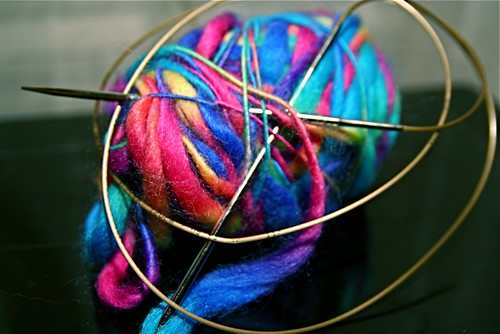Motivation!
Yes, I know I said that habit was the secret to beating procrastination, and it is. But you’ve got to get that habit started.
As Jim Ryun put it, “motivation is what gets you started. Habit is what keeps you going.” You need motivation just to get you out of bed in the morning.
Motivation is something I struggle with, especially when it comes to getting out of bed in the morning. It’s an issue I had been mulling over for some time when I read Revision and Self-Editing for Publication by James Scott Bell, in which he suggests that writers should have a mission statement which they keep someplace visible in order to inspire them.
What exactly this mission statement should contain, however, was left a little vague: “hopes and dreams” were mentioned. So I looked into what others have said about mission statements. The common strands seemed to be about who you are, what you do, who for, why, and where you’re going with it.
Richard Branson says “If you are in a situation where you must write a mission statement, I think you should try for something closer to a heraldic motto than a speech. They were often simple because they had to fit across the bottom of a coat of arms, and they were long-lasting because they reflected a group’s deeper values.”
That seemed like a good definition: a simple motto which reflects your deeper values.
So I started by answering all the questions-starting-with-W that I could. I freely admit I struggled with the ones asking me what the future held, because I am not psychic and I really have no idea. My life to date has not accustomed me to assume that next year will be in any way like this year. (It often is, but it always comes as a surprise.)
In the end, it boiled down to these words: truth. hope. take heart.
There are some writers who hold that happy endings are lies, and that it is morally irresponsible to suggest otherwise. I disagree. I believe that good will ultimately overcome evil. That truth gives me hope; and to withhold that hope from others would be both morally irresponsible and utterly selfish.
If all this seems a bit too metaphysical to you, consider it this way: my aim is to write works (novels, plays, what have you) that are like a cup of tea. Sitting down for a cup of tea is both a rest, and a restoration; it eases your weariness and it prepares you to face the world again.
I want to write works which people will read and re-read; not necessarily because of what the story says, but because it gives them the courage to keep going, and change things.
Truth → hope → take heart.
I will of course put this somewhere I’ll see it often – but there’s no harm in having a cup of tea on my desk to remind me as well.









